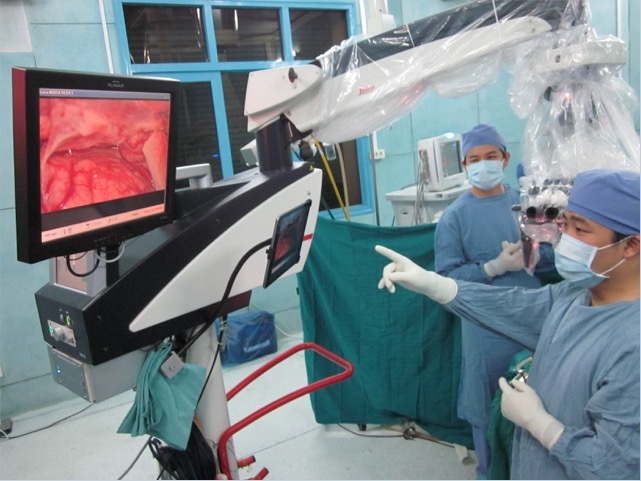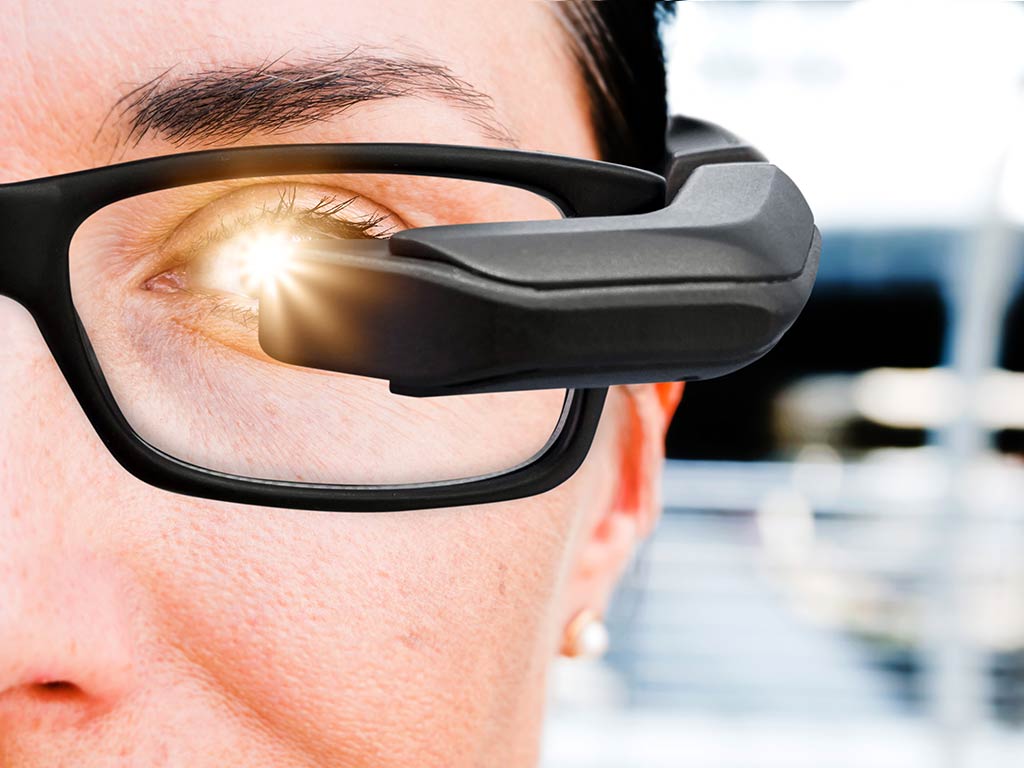Location information
Hospital address
University of North Carolina Rockingham 117 E Kings Hwy Eden North Carolina 27288 United States of America
Hospital type
University-affiliated
Hospital description
Second-Level Hospital (Regional)
Hospital website
Description
I have been very passionate about global health since I first volunteered at a rural health post in Lesotho. I then did my medical school where global health was a main focus and I did my residency at a program that had a global surgery rotation (1 month) available for years 2–4. I completed a two year global surgery fellowship with one year in rural Rwanda (the global part was cut short by COVID). I currently work in a rural hospital that is affiliated with a larger state wide non profit hospital system. I have four weeks a year dedicated to global surgery. I am interested in doing global surgery in a busy hospital that needs general surgeon. I have worked in a rural hospitals as a surgeon in two countries, one that was a public district hospital and one that was faith based. I would need mentoring/assistance with operative orthopedic surgery.
Member information
Name
Megan Straughan
Member type
Individual independent practitioner
Specialty
General Surgeon
Subspecialties
- Include general surgery members that have not selected a subspecialty
Languages spoken
- English
- Spanish
- Hebrew
- Chinese
Professional affiliations / memberships
- Eastern Association for the Surgery of Trauma (EAST)
Current and past partnerships
Has current partners or past partnership experience in these countries
- Rwanda
- Cameroon
I worked with Partners in Health in Butaro, Rwanda, which is a district hospital. I worked there for 12 months. The hospital is the cancer center of the country and the majority of our surgical volume were breast cancer patients though all types of general surgery patients were treated.
I worked at Mbingo Baptist Hospital in Cameroon for three one month rotations during residency. I was able to scrub a very wide variety of surgical cases from pediatric to thoracic to urological to general surgery.
Conditions treated
- Breast
- Benign breast disease
- Malignant breast disease
- Breast infections
- Burns
- Acute burn care
- Gastrointestinal
- Volvulus
- Bowel Obstruction (parasitic, adhesive, mass)
- Benign polyps
- Malignant disease– colon, rectal, anal, carcinoids
- Diverticular disease
- Appendicitis
- Anal disease: Hemorrhoids, fissures, fistulae, prolapse
- Stomas – colostomies / ileostomies
- GI bleeds
- Endocrine
- Thyroid/parathyroid
- Hepatobiliary
- Cholelithiasis/choledocholithiasis
- Paediatric
- Newborn intestinal atresias
- Hirschsprung’s Disease
- Abdominal wall defects (gastroschisis, omphalocoele)
- Trauma and Critical Care
- Ventilator management
- Total parenteral nutrition management
- Pressor management
- Ability to do the following procedures
- Colonoscopy
- Sentinal lymph node biopsy
Equipment used
- Minimally invasive surgery (MIS)
- Harmonic scalpel
- Other energy sealing devices
- Wound protectors
- Straight stapling devices
- End-to-end anastomosis (EEA) circular stapler
- Vacuum assisted closure device
- Temporary abdominal wound closure
- Synthetic or biologic patches/mesh
- Dermatome
- Mesher
- Focused Assessment with Sonography for Trauma (FAST)
- Central venous catheters
- Mechanical ventilators
- Total parental nutrition (TPN)



